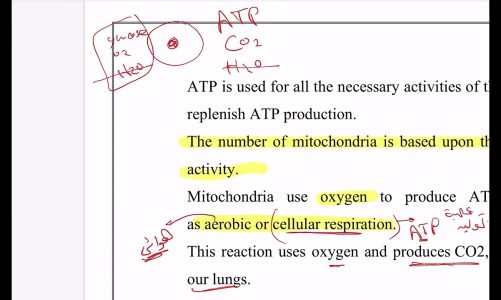The original presentation is available as a PDF file:
https://drive.google.com/file/d/1l1ilQqcoVaj2O_X1H7oFoV6sRabS5LT0/view?usp=sharing
Join my Telegram channel: https://t.me/OlegKulikov
your_health_longevity group: https://t.me/+PbE43EFvEFRjYzU9
The anti-meat propaganda often cites the supposed dangers of methionine (Met), a sulfur-containing amino acid found in animal products, and its metabolite homocysteine (HCys), which is blamed for various health problems. HCys is formed when Met loses a methyl group (CH3). High levels of HCys in the blood are linked to obesity, neurodegeneration, cardiovascular diseases, and kidney damage. In fact, official medicine considers high HCys levels as a risk factor for almost all chronic and degenerative diseases, as well as autoimmune diseases and obesity. Based on this, some doctors and researchers advise people to limit or avoid animal products, especially meat, which is rich in Met.
They even suggest following a vegan diet, which means excluding all foods of animal origin as much as possible, despite the lack of clinical trials on the effect of reducing sulfur-containing amino acids in humans. However, this advice is based on flawed and outdated research. An old publication claims that limiting Met consumption reduces the formation of reactive oxygen species (ROS) in mitochondria, which could extend lifespan and health. This conclusion was drawn from experiments with mice that were fed a low-calorie and low-protein diet. However, the authors ignored the fact that reducing carbohydrates and fats in the diet had no effect on ROS and oxidative stress in the liver of mice.
Some doctors also assumed that the average consumption of proteins (and therefore Met) in Western countries is too high without providing any evidence. Moreover, they overlooked the fact that calorie restriction causes weight loss in mice, which is known to increase longevity regardless of Met intake. In reality, HCys is not a harmful by-product of Met but a vital molecule for the production of glutathione (GSH), the natural antioxidant and detoxifier of the body. A low level of HCys leads to a decrease in GSH production and high oxidative stress. HCys can be converted back to Met with the help of B vitamins.
The level of HCys in the blood naturally increases from 5 µmol/l to 10–11 µmol/l during life. A lack of methyl group sources in the diet, such as choline (vitamin B4), betaine, and folate, can raise HCys levels. Other factors that can increase HCys levels are smoking, alcohol, and caffeine. To maintain a balanced diet and optimal HCys levels, you need to consume enough choline, which is abundant in the livers and other inner organs of animals and birds, as well as in fatty meat and eggs. Betaine, a metabolite of choline, can also help lower HCys levels. Some supplements, such as nicotinamide (NAM) and metformin, can increase HCys levels and decrease betaine levels.
Therefore, if you take these supplements, you need to combine them with betaine and vitamins B6, B9, and B12. Physical activity can also reduce HCys levels in rats. Some plant-based compounds, such as quercetin and antioxidants, can lower HCys levels in rats, but they are not enough to prevent the harmful effects of a high-carbohydrate diet that increases oxidative stress and impairs mitochondrial function. Quercetin was effective in lowering serum HCys levels in rats with a high Met diet.
Glutathione (GSH) is a natural antioxidant that protects the body from oxidative damage. It is made from three amino acids: glutamine, glycine, and cysteine. GSH levels decline with age, especially in people who eat a lot of carbohydrates and vegetable oils that generate more reactive oxygen species (ROS) and deplete cysteine and glycine. Low GSH levels increase the risk of senile degeneration and chronic diseases. Cysteine, glycine, and creatine are amino acids that are involved in the synthesis and metabolism of GSH. Therefore, supplementing with cysteine, glycine, and creatine can help older people maintain optimal GSH levels and protect themselves from oxidative damage and age-related diseases. Cysteine is the limiting amino acid for GSH synthesis.
Low GSH levels increase the risk of senile degeneration and chronic diseases. COVID-19 patients of all age groups had severe GSH deficiency and elevated oxidant damage, which worsened with advancing age. GlyNAC (combination of glycine and N-acetylcysteine) supplementation has been shown in clinical trials to rapidly improve GSH deficiency. Creatine lowers HCys levels and improves muscle and brain function . Creatine in the diet of rats significantly reduced the level of HCys. The best way to boost GSH levels and lower HCys levels is to eat more animal protein, especially from meat, eggs, and dairy. Animal protein provides all the essential amino acids, including cysteine and glycine, that are needed for GSH synthesis and HCys metabolism, as well as creatine.
source


